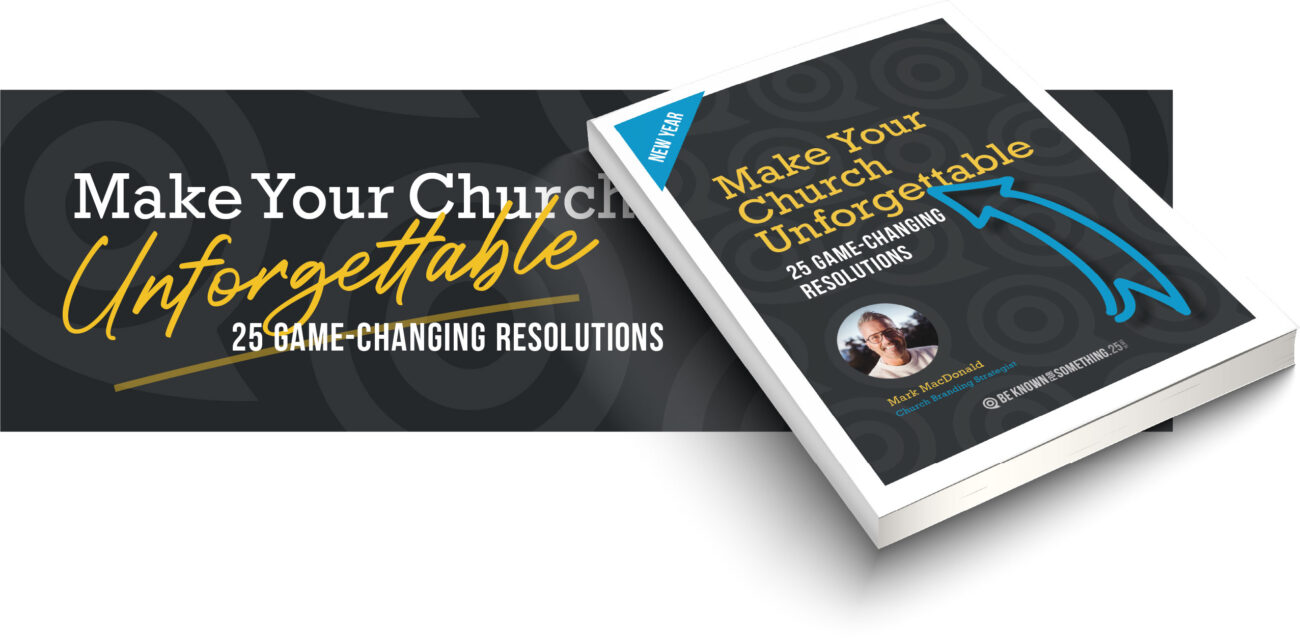Every Sentence Needs Editing. Here’s How.
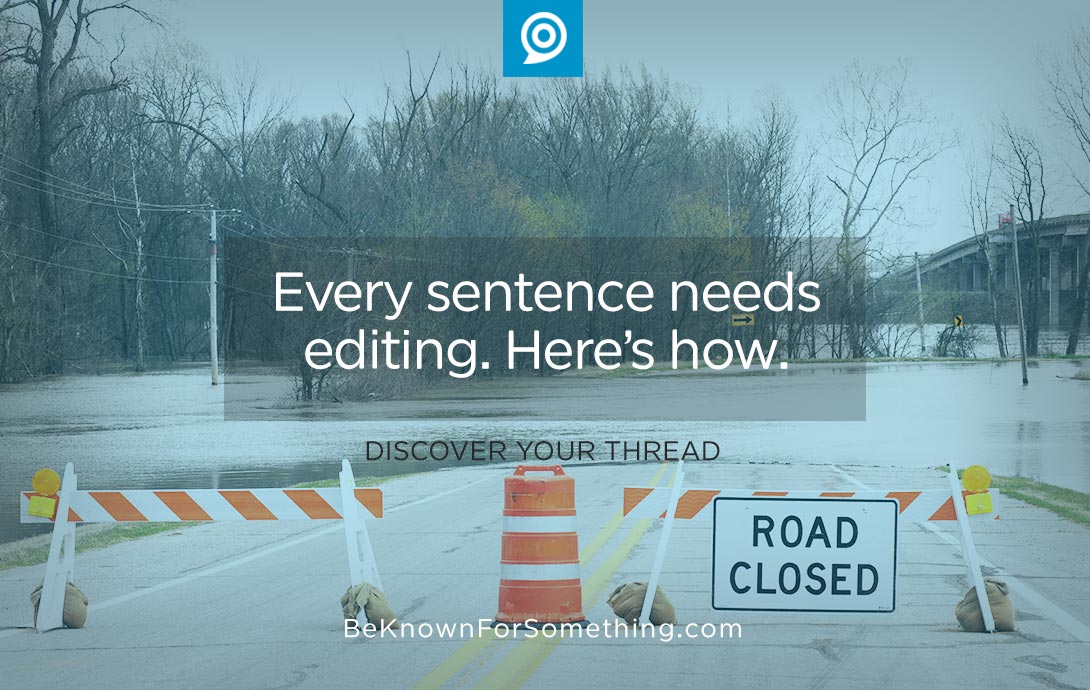
Barriers are obstacles that keep people from gaining access to something. With churches, for example, that can be receiving information. Our ministries are rich with information that needs to connect with our congregations and communities.
We need to eliminate all barriers that obstruct important information by editing communications.
Have you ever asked a simple question and you get such a long answer that you lose interest in the answer? A long paragraph on a website that seems to repel your eye? Or a sermon that seems to drone on and on so that you totally zone out?
It happens when we don’t edit. Starting today, start editing.
Why? Because all of our communications need editing. Reducing every non-important word so that only the most relevant information is received.
Here’s 4 ways to edit effectively:
- Understand the most important idea behind the overall statement and consider removing everything else. We often complicate communications with secondary information. Instead, especially on digital and print, say the big idea as concisely as possible and give a link or URL where they can get more information. In a sermon or stage announcement, give a place to discover more (your website!).
- Make sure the main idea (the keyword) is near the beginning of your thought or paragraph. People tend to skim and only start reading sentences while not finishing them. They don’t take the time to read it all anymore, so provide them what they’re looking for — near the start of paragraphs and sentences. Be simple, clear, and concise. Try to have only one thought.
- Headlines need most of your attention. Most people only read the headline, so ensure that the simple idea is located there. Hone it, work it, edit it. Make sure people will want to discover more from the title or headline. Don’t be tempted to “click-bait” though (although you should move towards it sparingly to gain the attention of your community).
- Interrupt the conversation. No one is attracted to something that seems never ending. TV shows are interrupted by commercials, books by chapter headers, and sermons should be by videos, music, or stories. Digital or printed words need to use bullet points, bolded words, captions, images, and subheads to interrupt the eye and gain attention.
Eliminate the barriers. Stop being long-winded. Do the heavy-lifting for your community; edit your material down to bite-sized consumable chunks. Stop talking before they stop listening.
Want 25 Game-Changing Resolutions?
Related Posts
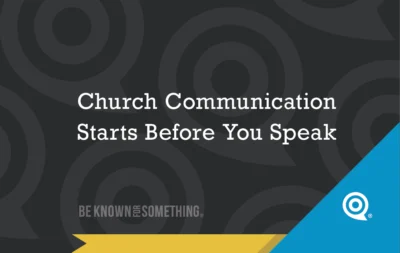
Church Communication Starts Before You Speak
Church communication does not begin with a sermon. Instead, it begins the moment someone arrives on your property. Before a
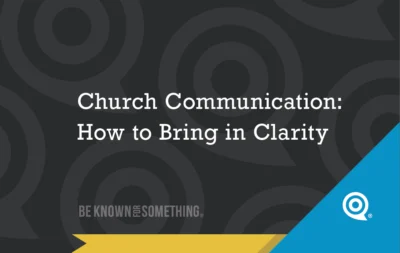
Church Communication: How to Bring in Clarity
In the new year, pastors often set goals. They want to grow attendance, launch new ministries, or strengthen discipleship. However,
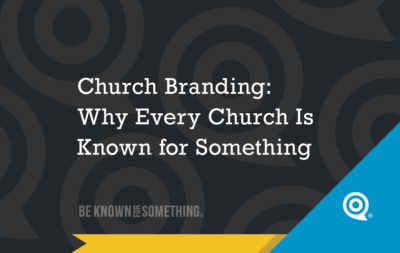
Church Branding: Why Every Church Is Known for Something
Everyone is known for something, including your church. This is the heart of church branding. The real question isn’t whether

